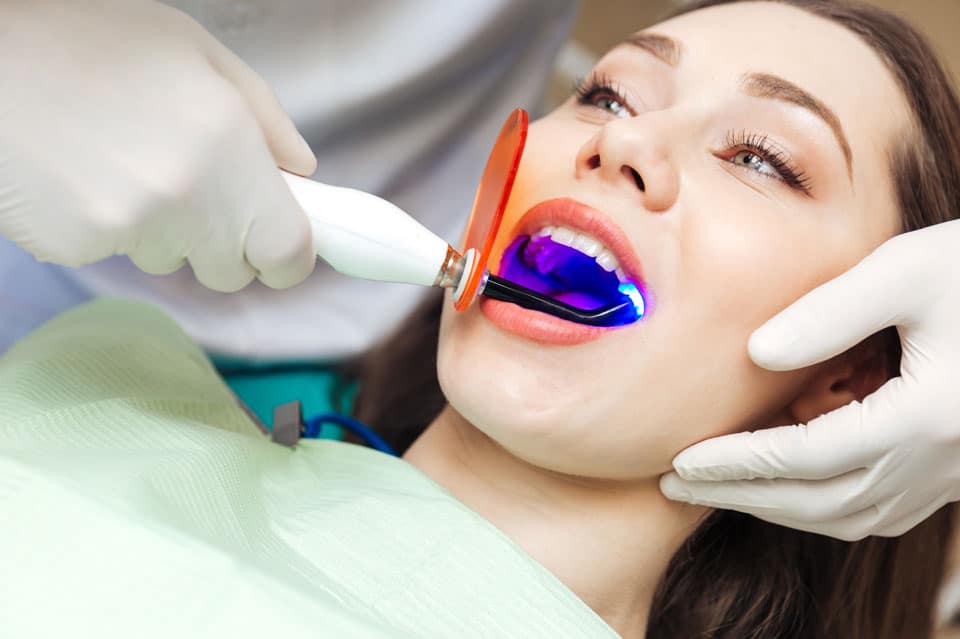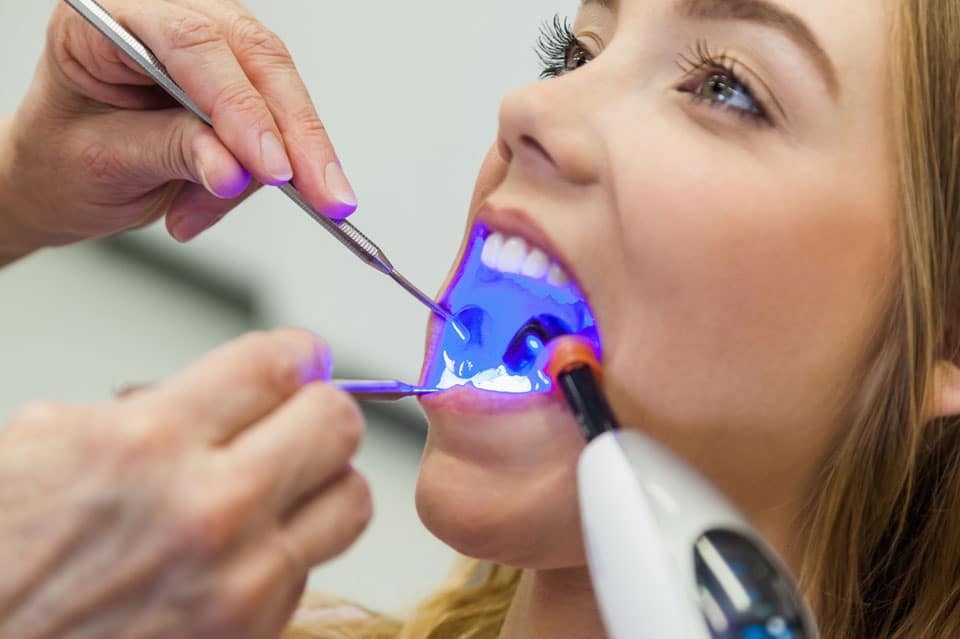What To Know Before You Get Veneers?
Dental veneers are very thin, tooth-colored shells that Memorial Emergency Dental attaches to the surface of teeth to enhance their dental appearance. They're often made of resin-composite or porcelain material and are permanently bonded to your teeth.
Veneers can treat several cosmetic conditions, including chipped, broken, discolored, or small teeth. Some people may get one dental veneer in the case of a broken or chipped tooth; however, many get between six to eight veneers to create a symmetrical smile. Font eight teeths are more likely to get veneers commonly.
What are the different types of veneers?
Dental veneers are the most familiar porcelain or composite resin type and require extensive preparation. But there are also no-prep veneers applied through a different process.

Applying traditional dental veneers involves grinding down the teeth' structure, sometimes removing some teeth even past the enamel. This allows proper placement, a completely irreversible procedure that can be painful and often requires an anesthetic. Tooth reduction depends on any dental concerns and the number of teeth involved. When several teeth are involved, Walk In Emergency Dentist Near Me Open Now may order a wax model to show how you would look after the treatment. In contrast, no-prep veneers may require less prep time as compared to general veneers, but they are minimal.
What are Porcelain veneers?
Some dentist will shave your teeth and then makes an impression of your teeth to fabricate molding. Then they'll send the mold to the dental laboratory.
Once the veneers are ready, your dentist can place and prepare the tooth and then cement it. Temporary veneers may be required until permanent veneers are made so that your teeth pressure won't change the impression. Moreover, your dentist uses CAD/CAM technology so that a computer can design the veneer. So that Memorial Dentists can make the actual veneer right in the office.
Composite resin veneers
If your choose composite veneers, Dentist 77433 will remove the surface of your tooth before applying a thin composite material to your prepared tooth.
An additional layer of composite resin may be necessary in order to achieve the essential look. Your dentist will also finish by hardening with the help of UV light.
No-prep veneers
These include options like lumineers and specific and advanced veneer brands. They take less time and are invasive to apply.

In this treatment, your dentist removes less enamel which affects the enamel. Most times, no-prep doesn't require local anesthetics or temporary veneers.
Which type of veneer is best?
How do I choose which type of veneer is best? To know the kind of veneers you want to consider several options, including
- Cost
- Length of time of treatment
- The appearance of dental veneers
- Longevity or durability of veneers
- Or what type of material do you choose
Conclusion
If you have stained or discolored teeth, you should consider contacting lost tooth filling to know what is best for you. Also, they will help you choose the best and most durable treatment, like dental veneers.
Article Source : https://www.articleaffiliate.com/what-to-know-before-you-get-veneers/
Comments
Post a Comment